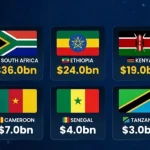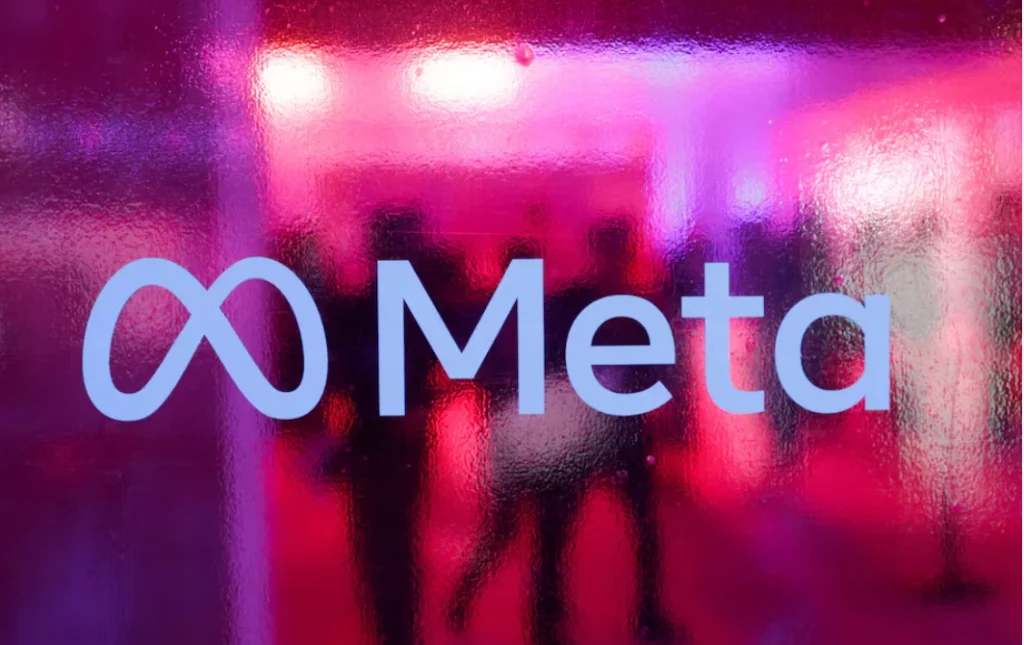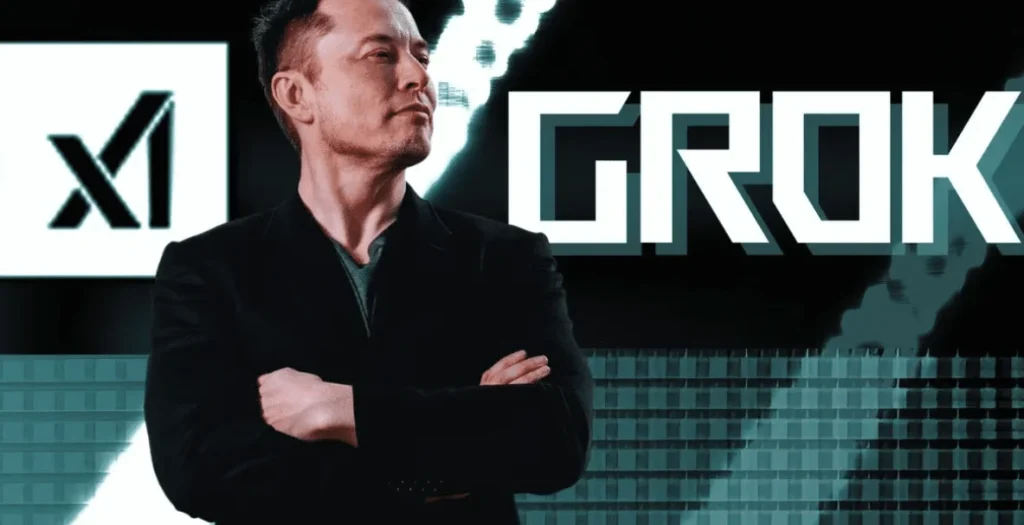Meta Platforms and TikTok scored a legal victory on Wednesday after the General Court of the European Union ruled in their favor over how regulators calculated supervisory fees under the Digital Services Act (DSA).
The ruling forces EU regulators to recalculate the methodology used to determine annual fees for monitoring compliance with the DSA, though the companies will not be reimbursed for payments already made.
The Dispute Over EU Tech Fees
Under the DSA, companies were required to pay an annual supervisory fee of 0.05% of their worldwide net income to cover the European Commission’s oversight costs.
- The size of the fee is based on the number of average monthly active users and whether the company posted a profit or loss in the previous financial year.
- Meta and ByteDance’s TikTok argued that the methodology was flawed, resulting in disproportionate fees compared to other companies.
The Luxembourg-based General Court sided with the tech firms, ruling that the calculation method should have been adopted through a delegated act, not via implementing decisions.
Court Ruling and Next Steps
The court granted EU regulators 12 months to fix the methodology, requiring the European Commission to adopt a delegated act and issue new implementing decisions.
“The Court’s ruling requires a purely formal correction on the procedure. We now have 12 months to adopt a delegated act to formalise the fee calculation,” a Commission spokesperson said.
Importantly, the ruling does not require regulators to repay the 2023 fees already collected.
Reactions from Meta and TikTok
Both companies welcomed the decision:
- A TikTok spokesperson said: “We’ll closely follow the development of the delegated act.”
- A Meta spokesperson added: “Currently, companies that record a loss don’t have to pay, even if they have a large user base or represent a greater regulatory burden, leaving others to pay a disproportionate amount. We look forward to the flaws in the methodology being addressed.”
Implications for EU Tech Regulation
The ruling highlights ongoing tensions between Big Tech firms and EU regulators as the bloc enforces its landmark Digital Services Act. While the decision requires only a procedural fix, it underscores the complexity of fairly distributing regulatory costs among global tech giants.
















